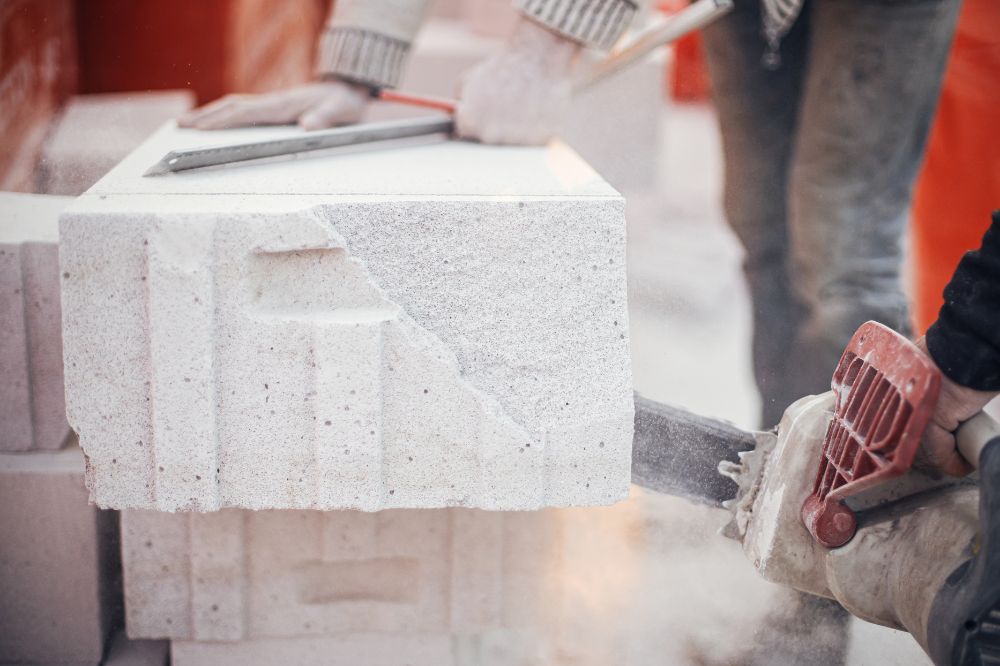Monmouthshire Council responds to concrete crisis

Twm Owen – Local Democracy Reporter
Assessments are taking place at 12 schools in Monmouthshire to see if they contain dangerous lightweight concrete.
The council has 35 schools and says, following an initial assessment, it has now narrowed a list for further investigation down to 12, having been able to discount those schools which aren’t from the period when the the flawed reinforced autoclaved aerated concrete (RAAC) was in use from the 1950s to 1990s.
As a result the council is now making further assessments of 12 schools – although two of the buildings being looked at are boiler rooms rather than classrooms.
Council deputy chief executive Peter Davies said the council’s initial desktop assessment is that the concrete, which is at risk of collapsing without warning, isn’t likely to be present.
It is now carrying out further checks at the 12 to respond to the Welsh Government, which has ordered checks at schools.
He also said the council doesn’t intend naming the schools where checks will take place before gathering the information.
“Anxiety”
He said: “It’s a very tight timescale we’re working to and we have to get that information back to the Welsh Government next Wednesday. The further assessments may remove all 12 off that list and there would be no further work to be done.
“Rather than create a level of public anxiety it is better for us to understand the further assessments and our initial assessment indicates no RAAC is present.”
The council had been criticised by Welsh secretary, and Monmouth MP, David TC Davies for a failure to issue a public statement since the concerns came to light after more than 100 schools in England were ordered to shut due to the presence of RAAC.
Two schools in Wales, both on Anglesey, have also had to close, while earlier in the summer wards at a hospital in Haverfordwest, Pembrokeshire, were closed when the collapsible concrete was discovered. Four offices, part of the restaurant and the chapel at Abergavenny’s Nevill Hall Hospital were all closed in July due to the same issue. Aneurin Bevan Health Board had said no clinical patient areas were affected.
MP Mr Davies said he had written to Monmouthshire council wanting to know if the Welsh Government had ever formally asked it to undertake an inspection of its schools specifically to identify RAAC.
The council’s deputy chief executive, Peter Davies, said the initial desktop exercise was conducted after RAAC concerns came to light in England, last week, and the Welsh Government had then requested further information from all local authorities.
Letter
The council officer said: “David Davies asked has the Welsh Government previously asked for information specifically regarding RAAC, I’ve had the letter checked through, and no the Welsh Government hadn’t (previously) requested information to identify the presence of RAAC.”
The council said it had previously issued a statement on the issue which read: “Monmouthshire County Council is working with the Welsh Government to understand the risk of RAAC in schools and other local authority buildings.
“Initial reviews have been undertaken by specialist engineers and if further investigations are required, this will be undertaken. We will continue to be guided by the experts in this field.”
Support our Nation today
For the price of a cup of coffee a month you can help us create an independent, not-for-profit, national news service for the people of Wales, by the people of Wales.





